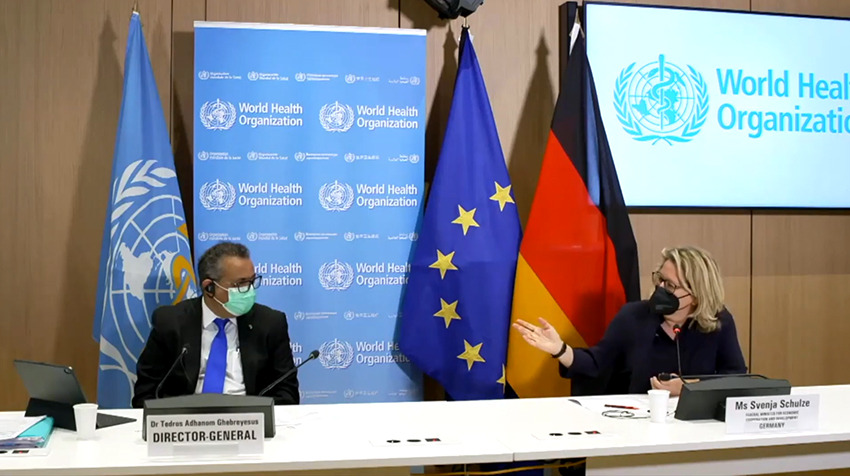Development research
Happily Uninformed?
The impact of development research is largest when policymakers and development agencies make use of it. For that to happen, two things are necessary:
- researchers must come up with relevant answers to relevant questions, and
- practitioners must take note.
PEGNet is the Poverty Reduction, Equity and Growth Network. Its purpose is to link research institutions and development agencies and its secretariat is hosted by the Kiel Institute for the World Economy. PEGNet scholars did a survey among German development professionals to find out to what extent they let research results guide their work and what obstacles obstruct their interaction with researchers. Over a course of five weeks 105 professionals answered the PEGNet questionnaire. Similar surveys had previously been done by the the World Bank and the Overseas Development Institute in London on behalf of Britain’s Department for International Development (DFID).
The professionals surveyed by PEGNet were asked to rate the importance of research for their daily work on a scale from 1 (irrelevant) to 10 (most relevant). On average, the response was 6.3. Six out of ten respondents expected the relevance to increase in the future. About 43 % stated that they read academic articles regularly.
Following Ravallion’s (2011) approach, the respondents were categorised on the basis of these data according to their stated intensity of research usage and their judgment as to how important research is. The resulting matrix (Figure 1) shows that only three out of ten respondents are functionally well informed in the sense of both valuing research highly and using it intensively. Another 10 % frequently use research, but do not consider it important.
The uninformed, obviously, deserve most attention. The biggest group in the matrix consists of “happily uninformed” respondents (40 %) who neither value nor access research results. Some 17 %, however, consider research important but do not access results. These numbers are astonishing given that development agencies tend to consider themselves knowledge-based organisations.
The PEGNet survey sheds some light on what is thwarting scholar-practitioner exchange. The obstacles fit into three categories:
- Usability and Access: Generally speaking, respondents do not find it difficult to find research results, but they express frustration with studies’ relevance. With the exception of the “frustrated uninformed”, they tend to rate the usability of research quite low. This survey result suggests that it would make sense for development agencies to hire knowledge brokers with research experience and that it would be useful to establish intermediaries that help to translate research findings into more practical language.
- Contact: Respondents stated that the incentives that drive research agendas and agency efforts diverge and that there is a serious mismatch of timing. Researchers need to be better and more timely informed about what topics are relevant to development agencies and policymaking in order to align research foci. Again, intermediaries could help. Moreover, agencies should provide more transparent public information on small projects they assign to researchers. Tender procedures are apparently to bureaucratic and cumbersome. Hence an alternative simpler procedure is needed to make the research community in general aware of agencies’ demand.
- Alignment: Two out of three respondents identified “time constraints” as the greatest obstacle. The heavy workload of agency staff means that their scope for reading is limited. One obvious action is giving people more time to educate themselves about new research that may improve their future work. On the other hand, researchers or knowledge brokers could improve matters by writing non-technical one-page summaries of academic publications with practical relevance. Linda Kleemann and Marcus Böhme (PEGNet)
Link: http://www.pegnet.ifw-kiel.de/research/pegnet-survey-on-the-demand-for-research/
Reference: Ravallion, Martin (2011) Knowledgeable Bankers? The Demand for Research in the World Bank Operations. The World Bank. Policy Research Working Paper, WPS5892.










